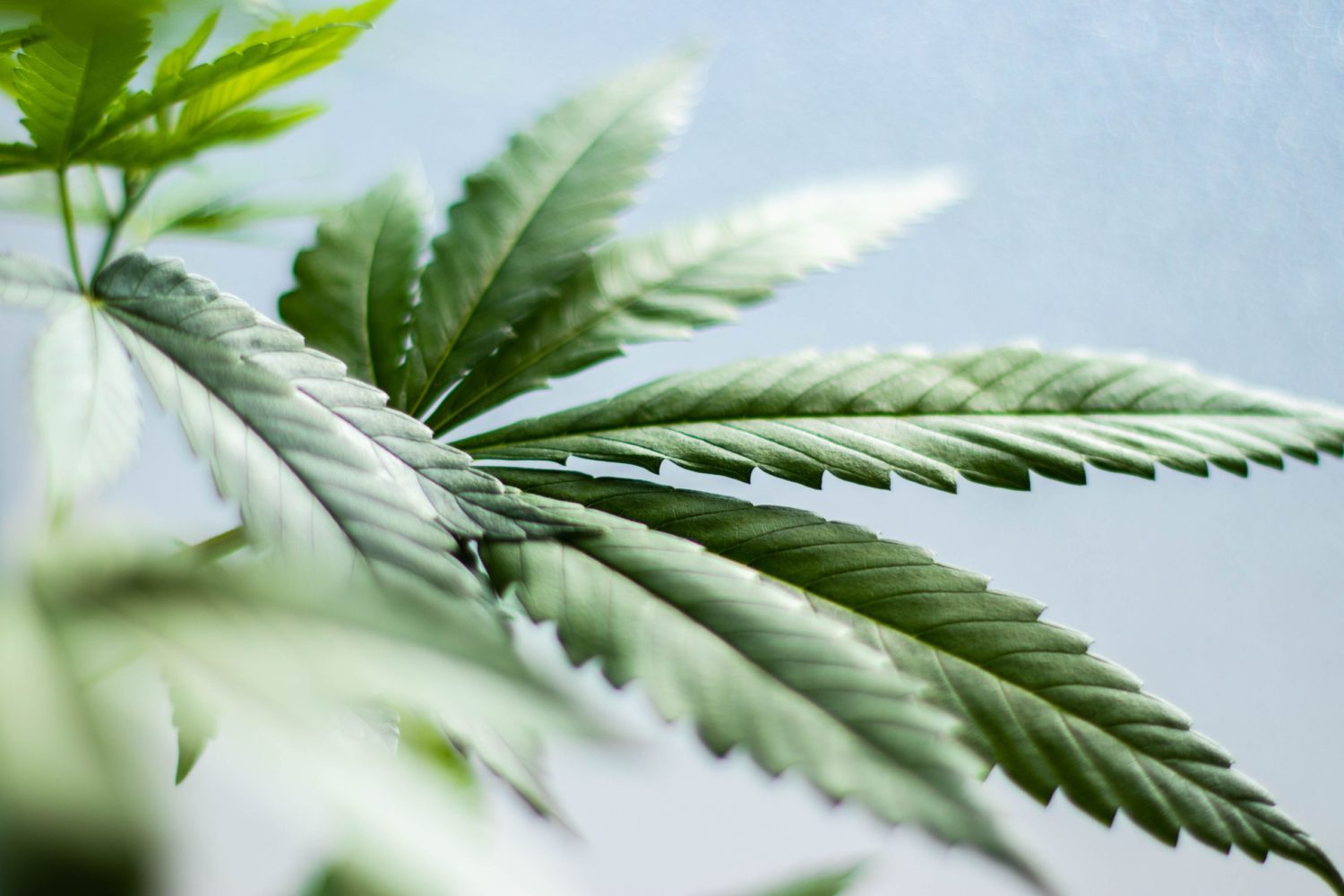Humans have been cultivating and using cannabis for thousands of years; however, despite this simple truth, our knowledge of the plant’s many compounds remains shockingly underdeveloped.
While there are over 100 cannabinoids, many of us have only heard of a handful of them – and even researchers still don’t know everything about these compounds and how they work on our bodies.
Scientific research in this area has been severely stunted for decades due to the prohibition of the plant. However, another cannabinoid has become the subject of increasing interest – delta-8 THC.
What is delta-8 THC?
It is widely known that ‘THC’ is the compound produced by cannabis that is largely responsible for the high associated with the plant. However, in most cases, this is actually an abbreviated term used to refer to delta-9 THC. There are a number of other similarly structured compounds – including delta-8 THC.
The structure of this compound is very similar to that of delta-9 THC – in fact, there are only a few bonds difference between the two cannabinoids.


As an analogue of THC, delta-8 THC has also been found to produce a high similar to that of the more common delta-9 THC; however, it has a lower psychotropic potency than its more common cousin. Like other cannabinoids, it has also been found to have promising medicinal and therapeutic potential.
Delta-8 THC is one of the four most common cannabinoids produced by the cannabis plant, however, it is still only naturally present in extremely small quantities. Nonetheless, this hasn’t stopped some companies from developing ways to successfully extract the cannabinoid for product developments.
Delta-8 THC Products and Legality
While delta-8 THC may still be largely unknown, product retailers in the USA, and increasingly in Europe, are beginning to catch on to its potential. A number of companies are now selling vape products dedicated to the compound.
The apparent appeal of the product is bolstered by claims from some recreational users that it gives a milder high with less anxiety and paranoia.
This is all well and good, but the question of its legality remains somewhat uncertain.
Many believe that the compound’s classification as a hemp derivative should mean it is included under the US Farm Bill – legislation enacted in 2018 that essentially legalised hemp at the federal level. However, there is still much dispute over these claims.
Here in the UK, many believe that the issue of legality remains unclear. There is no express mention of this particular cannabinoid in the government’s factsheet for cannabis and cannabinoids as either an exempt product or a controlled substance.
A recent statement from a Home Office spokesperson, however, appears to put the issue to bed. In a statement to Cannavist, the spokesperson confirmed: “Delta-8 THC is a cannabinol derivative that is controlled as a Class B drug under the Misuse of Drugs Act 1971.
“This means it is illegal to possess, sell or produce with a maximum penalty for supply of 14 years or a fine or both.
“Our approach on drugs remains clear – we must prevent drug use in our communities, support people through treatment and recovery, and tackle the supply of illegal drugs.”
Therefore, products available to purchase from the UK are likely unregulated, of questionable quality and subject to legal issues. So, it might be best to wait for development on the subject before trying your luck!
Potential Medical Properties of Delta-8 THC
While the retail market for delta-8 THC may not be as refined (or perhaps as legal) as we might hope, there have been some promising developments in research. Some studies have found that this cannabinoid may have antiemetic, anxiolytic, appetite-stimulating, analgesic, and neuroprotective properties.

